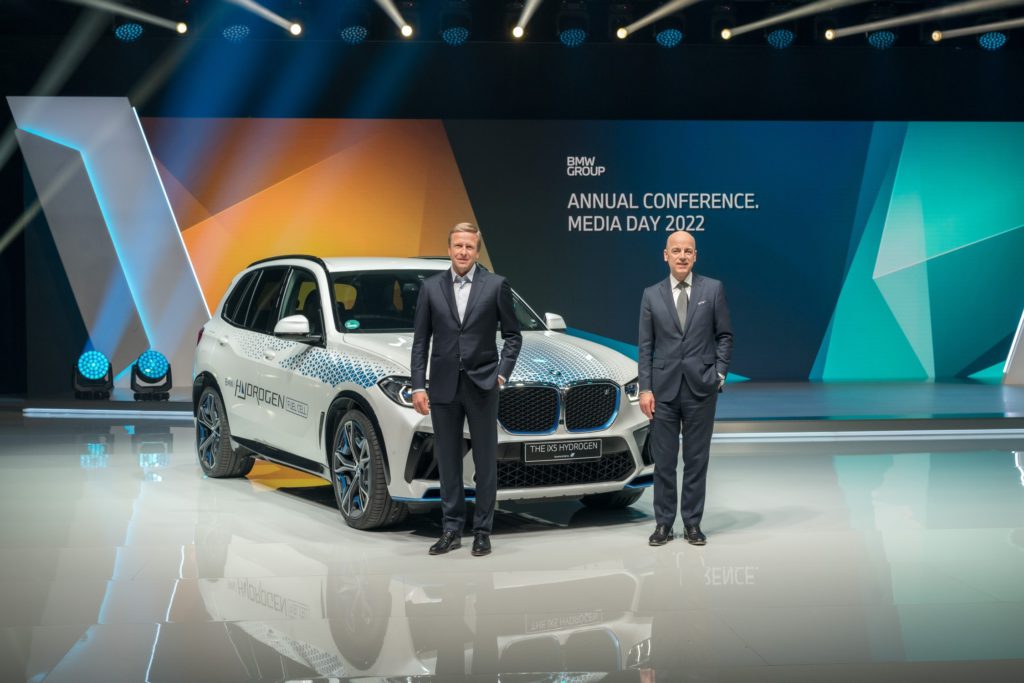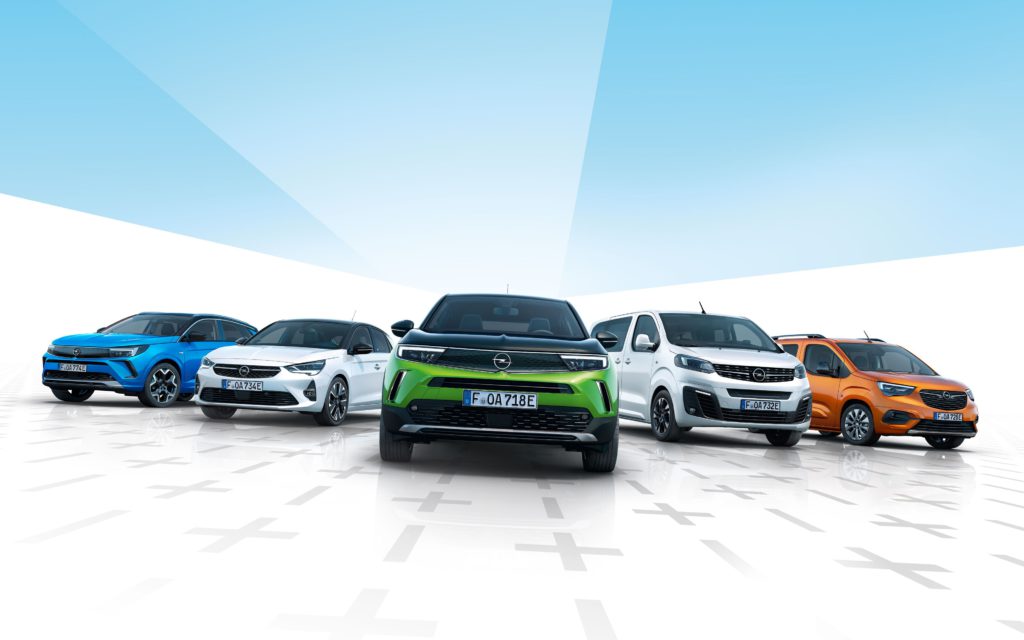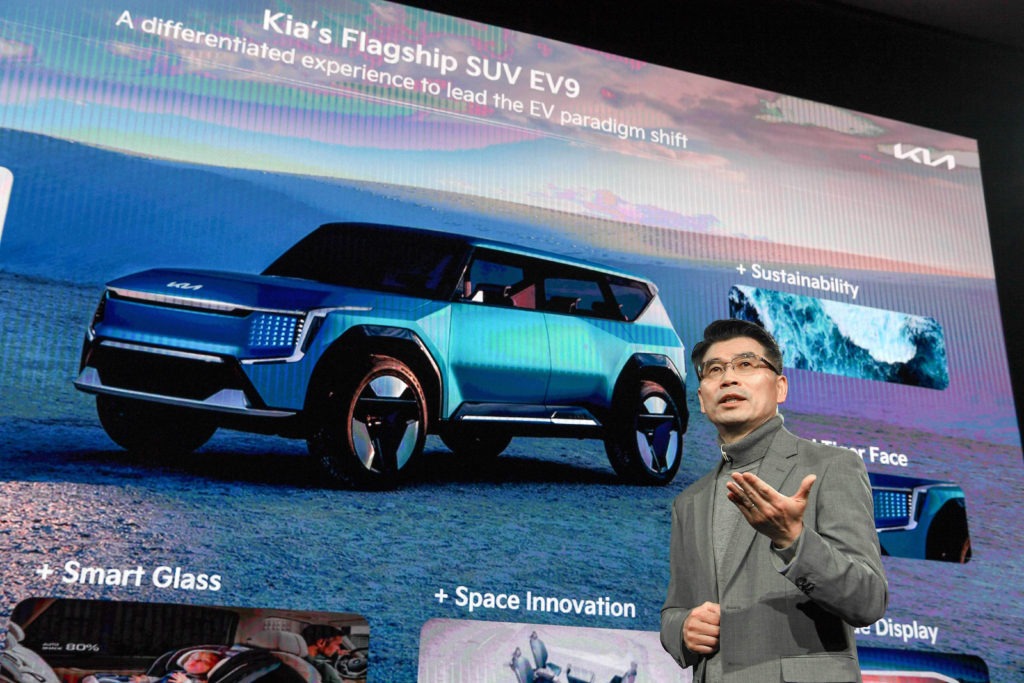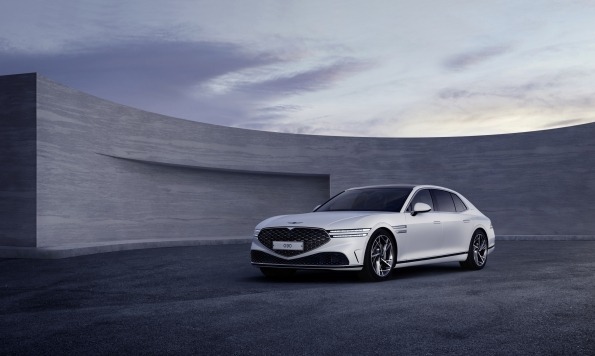More electric vehicles and hydrogen cars coming from BMW Group
18 March 2022

BMW is pushing forward with electrification and sustainability projects as it looks to re-establish itself as a leader in electric-vehicle (EV) technology. The carmaker has given an update on its plans for its Neue Klasse (New Class) suite of vehicles, while also looking to continue its efforts to lower carbon emissions.
Buoyed by the current success of existing EV models, BMW is planning to have 15 battery-electric vehicles (BEVs) in production by the end of 2022, covering around 90% of its current segments. The 3-Series and 5-Series, together with the X1 and X3, will have fully-electric variants, while the company will also launch the BMW i7 as part of its 7-Series range.
Together with its Mini and Rolls-Royce marques, BMW Group expects to have sold around two million BEVs by the end of 2025. Its Neue Klasse has the potential to speed up the market penetration of electromobility, with the carmaker expecting BEVs to make up 50% of the company’s global sales earlier than 2030.
Not all markets can sustain EVs
Before the end of the decade, annual sales of BMW Group BEVs would surpass 1.5 million units. However, the carmaker states this will depend on global charging infrastructure keeping up with the increase in models and growing customer demand.
This is a challenge that all carmakers will face. While committing to building EVs, not all countries around the world will have the necessary infrastructure in place to support them. Therefore, some development of internal-combustion engines (ICE) will need to be retained, or else car companies will need to consider pulling out of certain markets.
While BMW is driving the expansion of infrastructure through its work with Ionity, it recognises that EVs may not suit all markets. Accordingly, the OEM is continuing to develop ‘highly-efficient conventional drive technology’, while at the same time contributing to CO2 reduction in the transport sector.
This new generation of diesel and petrol engines offers higher efficiency, the carmaker states. Its development has already ensured that engine technology is taking a further step towards reducing emissions and improving air quality.
BMW aims to have delivered a total of 10 million BEVs to customers by 2030. By then, the Rolls-Royce brand will have a product range that is exclusively all-electric. Mini is also on the road to a fully-electric future from the early 2030s onwards. Later this year, the brand will provide a glimpse of the all-new Mini family, with what the company describes as an ‘electrified go-kart feeling’ as well as a clear focus on sustainability and a minimal environmental footprint.
Hydrogen cars still an option
Whether hydrogen fuel-cell (FCEV) technology will make it to the mass passenger-car market remains to be seen but in its annual conference, BMW reaffirmed its commitment to developing the powertrain.
The carmaker is systematically pushing forward with plans to offer FCEVs as an additional option for sustainable mobility and has already announced that an electric drivetrain based on a hydrogen fuel cell is also conceivable for the Neue Klasse.
‘We see hydrogen-electric drivetrains as a complement to battery-electric drivetrains,’ said Oliver Zipse, chairman of the board of management of BMW. ‘This is the only way our fleet can have a maximum impact protecting the climate. That is why we support the European Commission’s plans to expand charging and hydrogen-filling station infrastructure along European highways.’
A small series of the BMW iX5 Hydrogen will be used for demonstration and testing purposes for the first time this year. Assuming the hydrogen is produced using renewable energy and the necessary infrastructure is available, this technology can meet the needs of drivers who do not have access to electric charging infrastructure, and frequently drive long distances.
Zipse also stated that the German carmaker is preparing to develop its next-generation hydrogen drivetrain. He added that Important Projects of Common European Interest (IPCEI) funding would rapidly advance the development and industrialisation of this additional drivetrain generation in Germany.



